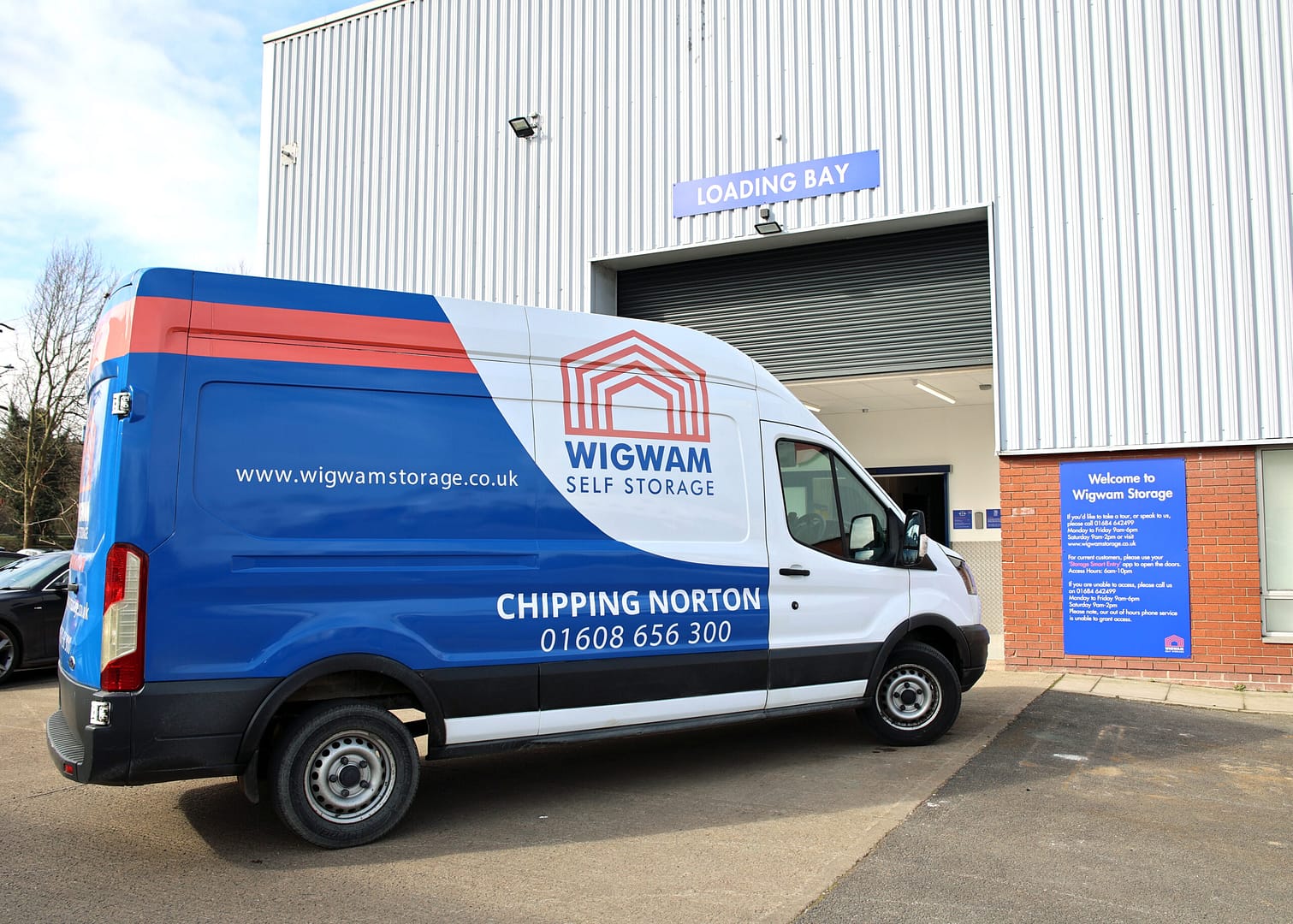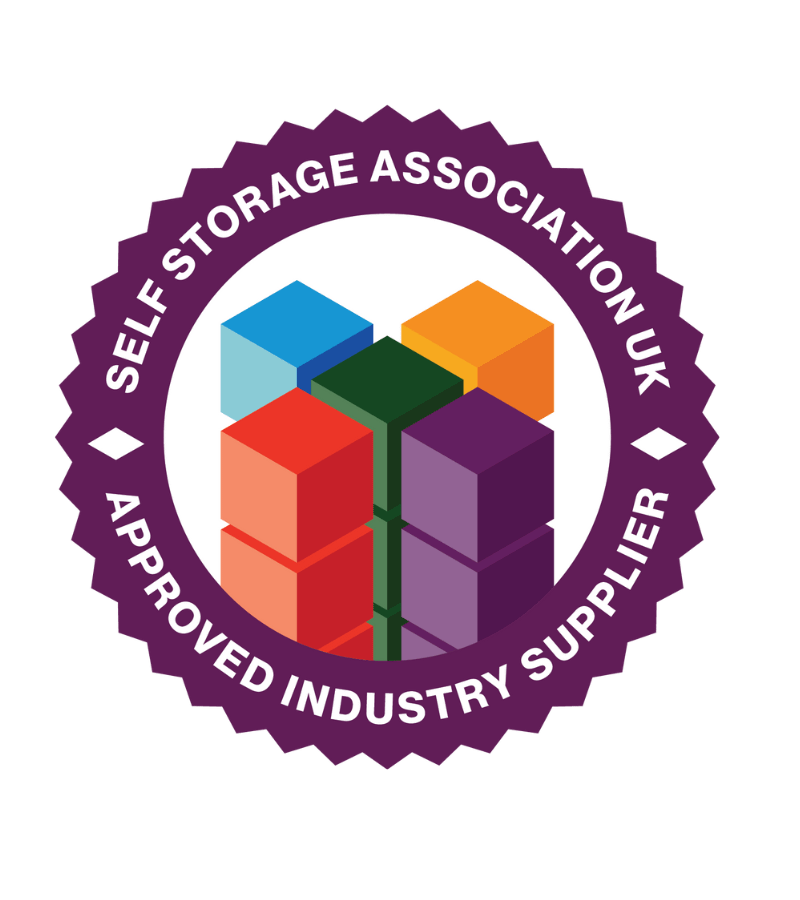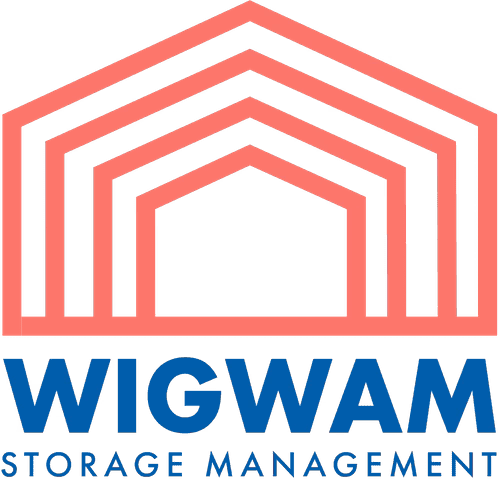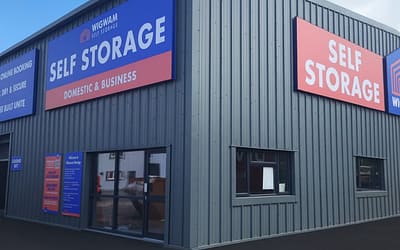The Leading Third-Party Self Storage Management Company
Partnering with Landlords, Investors, and Commercial Agents to deliver profitable, tech-enabled self storage facilities across the UK.

WIGWAM STORAGE MANAGEMENT
Optimising property returns through technology-led self storage.
Industry leaders
Technology-Driven Efficiency
From smart access systems to revenue management software, we streamline operations and reduce costs.
Investor & Landlord Partnerships
Structuring joint ventures and management agreements that deliver sustainable, long-term returns.
Proven Centralised Self Storage Experts
Delivering consistent performance through centralised operations, trusted expertise, and a track record of success.
Revenue Growth Strategies
Maximising occupancy, optimising pricing, and leveraging data insights to unlock sustainable revenue growth.
What Our Partners Say
Trusted by landowners, investors, and operators across the UK to deliver high-performing self storage facilities.
Since transferring across to their centralised management, we have witnessed a significant increase in customer enquiries and conversion rates.
Our partnership with WMS has greatly increased the value of the property and I am eager to continue with our successful relationship.
Wigwam Storage Management is expanding
We’re expanding our portfolio through strategic partnerships with property owners, commercial agents, developers, and investors.
Get all the latest news and insights on our blog
Self-Storage Misconceptions That Could Cost You Hundreds of Thousands
Seven dangerous self-storage misconceptions are costing UK landowners hundreds of thousands. Learn the truth about passive income, site selection, and market saturation.
How to Spot a Self-Storage Opportunity: The 5-Point Site Filter Used by UK Storage Developers
Discover the exact 5-point feasibility filter that self-storage developers use to assess whether a site has commercial potential. Most viable sites only need 2-3 of these factors. Free self-storage site assessment available.
How Agents Are Unlocking More Fees by Repurposing Plots That Never Attract Tenants
Many commercial agents spend months trying to place awkward plots that never attract a traditional tenant. These sites drain time, frustrate landlords and generate no fees. The smartest agents are taking a different approach. They are repurposing difficult land through micro-storage and land activation, creating new income streams for their clients and unlocking additional fees for themselves. This article explains why repurposing is becoming a powerful competitive advantage and how agents can turn long-term voids into predictable value.






